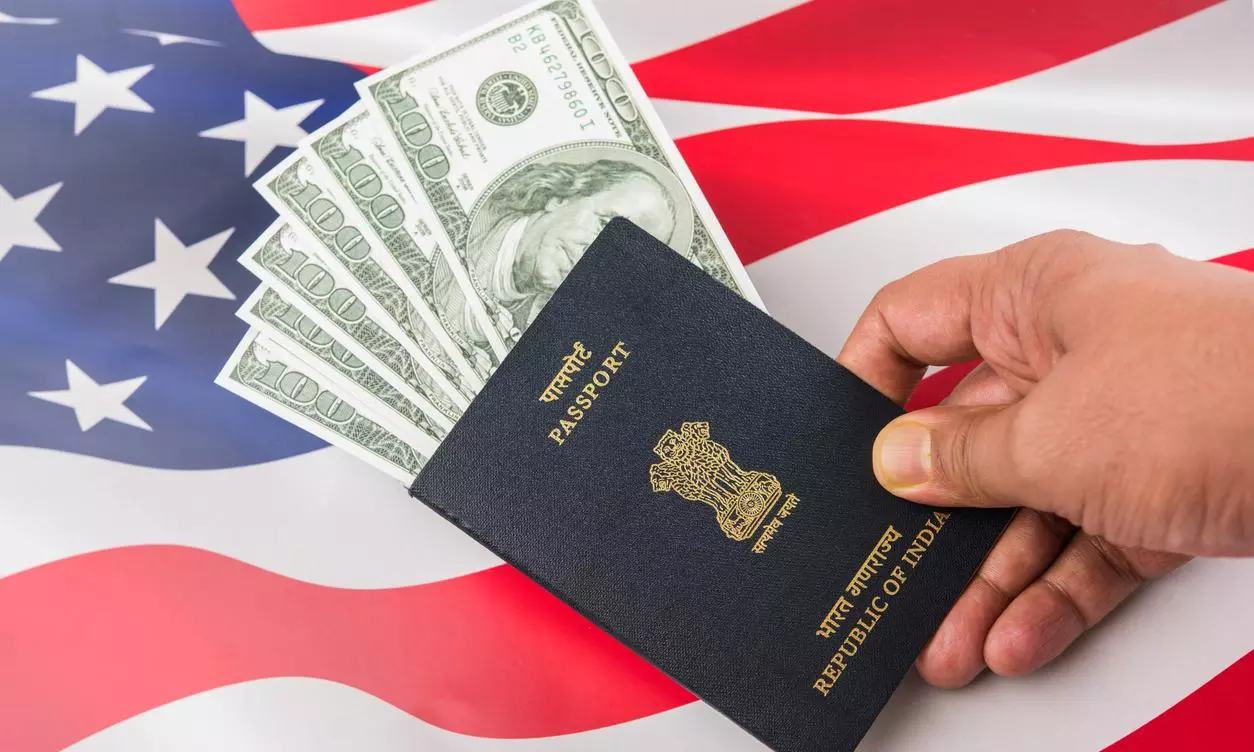
Trump administration plans new curbs on H-1B visas to protect US workers
The Trump administration plans new H-1B visa restrictions to tighten eligibility, increase employer scrutiny, and protect American workers

The Trump administration is set to impose further restrictions on the H-1B visa programme, after the latest one-time $100,000 mandatory fee by revising the eligibility for cap exemptions, providing greater scrutiny for employers that have violated program requirements, and increasing oversight over third-party placements.
According to a release by the Department of Homeland Security (DHS), these proposed changes are aimed at improving the integrity of the H-1B nonimmigrant program and safeguarding the interests of American workers.
What DHS says
“The Department of Homeland Security (DHS) will propose to reform the H-1B program by revising eligibility for cap exemptions, providing greater scrutiny for employers that have violated program requirements, and increasing oversight over third-party placements, among other provisions,” stated the release.
“These changes are intended to improve the integrity of the H-1B nonimmigrant program and better protect U.S. workers’ wages and working conditions,” it added.
The regulatory notice states that December 2025 is the possible publication date for the rule. According to earlier media reports, the Trump administration was mulling replacing the traditional H-1B visa lottery with a wage-based selection system.
Also Read: Coalition in San Francisco sues to block Trump’s USD 100,000 H-1B visa fee
What is the H-1B visa
The H-1B is a temporary U.S. work visa crucial for high-skilled foreign professionals, especially Indians, as it is often the only viable pathway to work long-term in the U.S. before applying for permanent residency.
Established under the 1990 Immigration Act, it enables US companies to hire talent with specialised skills that are in short supply domestically. While not intended for permanent stay, some recipients later transition to other statuses and eventually secure green cards.
Also Read: US shutdown hits H-1B visa, green card processing; Indians to be affected
Annual cap of 65,000 visas
The program has an annual cap of 65,000 visas, plus 20,000 additional slots for those with master's or higher degrees from a US university, allocated via a lottery.
Certain employers, including universities and nonprofits, are exempt from these limits. In 2023, nearly three-quarters of approved applicants were from India, reflecting strong demand from Indian tech talent, reported NDTV, citing the Pew Research Centre.
Also Read: US Senators introduce bill to tighten H-1B and L-1 visa rules
Computer-related roles dominate
The report further stated that historically, at least 60 per cent of H-1B approvals since 2012 have been for computer-related roles, though hospitals, banks, universities, and many other sectors also hire through H-1B.
U.S. law requires employers to pay H-1B workers the higher of the actual or prevailing wage for comparable American professionals, alongside significant filing fees, and research shows H-1B holders often earn the same or more than similarly qualified U.S. workers, reported NDTV.

